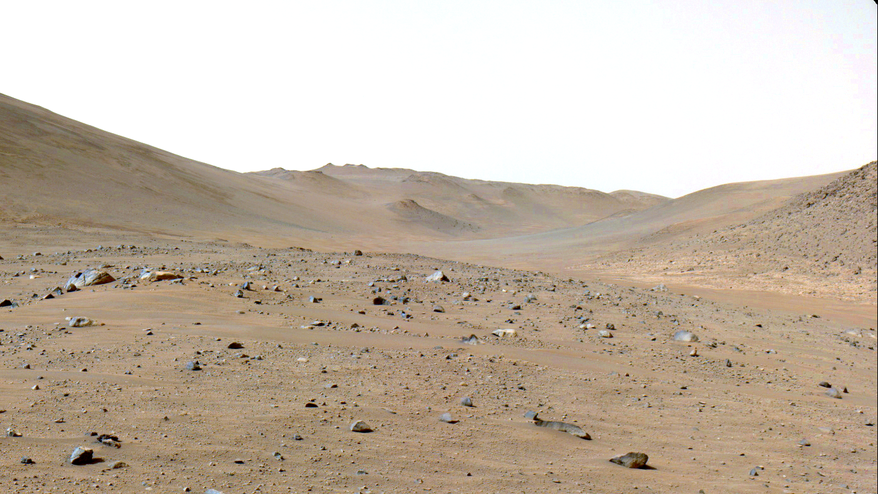NASA Wants To Send Humans To Mars In The 2030s ⁘ A Crewed Mission Could Unlock Some Of The...
 Source: Visit website
Source: Visit websiteHeadlines:
• "Japan's Hayabusa2 Spacecraft Makes Historic Landing on Dwarf Planet Ceres" (CNN)
• "Elon Musk's Starlink Satellite Internet Service Makes Global Debut" (The Verge)
• "NASA's Perseverance Rover Discovers Evidence of Ancient Lake on Mars" (Space. com)
• "China's Tianwen-1 Spacecraft Successfully Enters Mars Orbit" (Xinhua News)
• "SpaceX's Crew-1 Mission Returns to Earth with NASA Astronauts Aboard" (NASA)
• "European Space Agency's Rosalind Franklin Rover Set to Explore Mars in 2023" (The Guardian)
• "Scientists Discover Water on Moon's Surface, Raising Hope for Future Human Settlement" (BBC News)
• "Russia's Soyuz Spacecraft Makes Emergency Landing After Launch Failure" (TASS)
• "Private Space Station Company Set to Launch First Module to Orbit in 2024" (CNBC) These bullet points provide current news headlines from around the world, "focusing on space exploration," "technology.".. and scientific breakthroughs.
NASA plans to send humans on a scientific round trip to Mars potentially as early as 2035. The trip will take about six to seven months each way and will cover up to 250 million miles (402 million kilometers) each way . The astronauts may spend as many as 500 days on the planet⁘s surface before returning to Earth .
NASA⁘s Artemis program plans to return humans to the Moon this decade to practice and prepare for a Mars mission as early as the 2030s. While NASA has several reasons for pursuing such an ambitious mission, the biggest is scientific exploration and discovery.
While Mars⁘ surface is totally devoid of liquid water today, scientists have spotted evidence of those past lakes, rivers and even an ocean coastline on its surface. Its north and south poles are covered in frozen water, with a thin veneer of frozen carbon dioxide. At the south pole during the summer, the carbon dioxide veneer disappears, leaving the frozen water exposed.
Scientists know quite a bit about the planet⁘s surface from sending robotic missions, but there are still many interesting geologic features to investigate more closely. These features could tell researchers more about the solar system⁘s formation.
Comments
Post a Comment